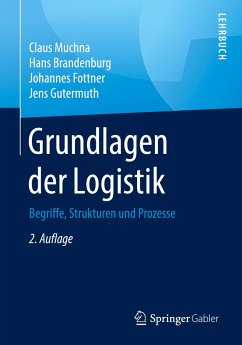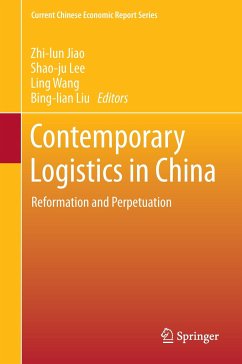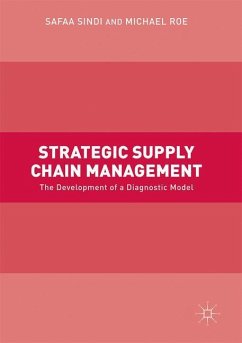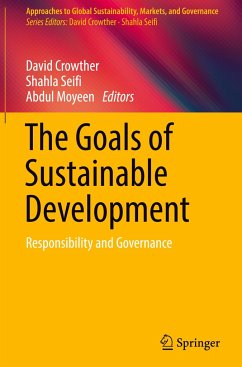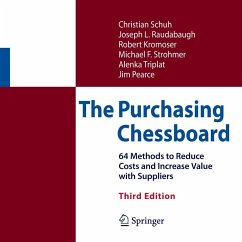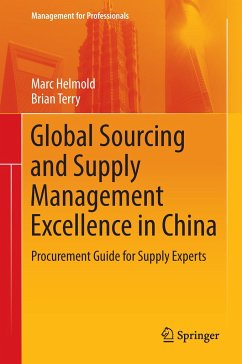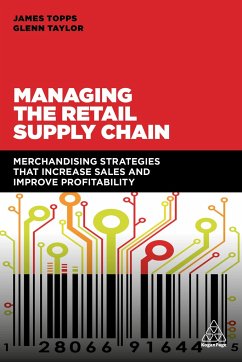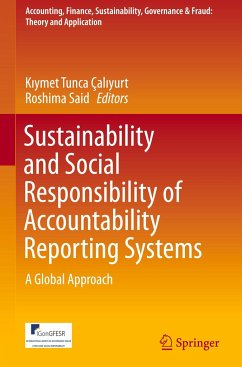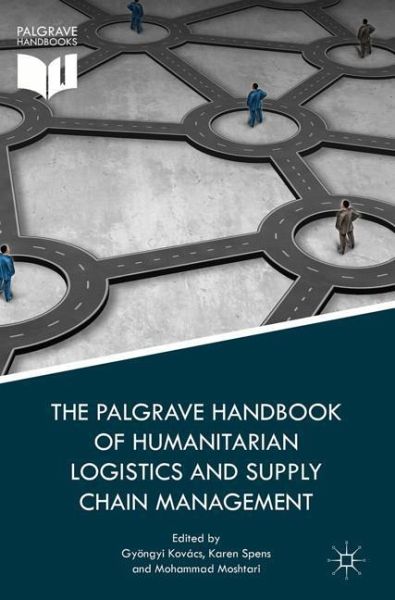
The Palgrave Handbook of Humanitarian Logistics and Supply Chain Management

PAYBACK Punkte
133 °P sammeln!
Focusing on the specific challenges of research design and exploring the opportunities of conducting research in humanitarian logistics and supply chain management, this handbook is a significant contribution to future research. Chapters include extensive descriptions of methods used, highlighting their advantages and disadvantages, and the challenges in scoping, sampling, collecting and analysing data, as well as ensuring the quality of studies. Covering a wide variety of topics including risk and resilience and the impact of humanitarian logistics on capacity building, sustainability and the...
Focusing on the specific challenges of research design and exploring the opportunities of conducting research in humanitarian logistics and supply chain management, this handbook is a significant contribution to future research. Chapters include extensive descriptions of methods used, highlighting their advantages and disadvantages, and the challenges in scoping, sampling, collecting and analysing data, as well as ensuring the quality of studies. Covering a wide variety of topics including risk and resilience and the impact of humanitarian logistics on capacity building, sustainability and the local economy, it also explores the need for scalability and co-ordination in the humanitarian network. Contributors provide important insight on future directions and offer crucial guidance for researchers conducting projects within the field.






